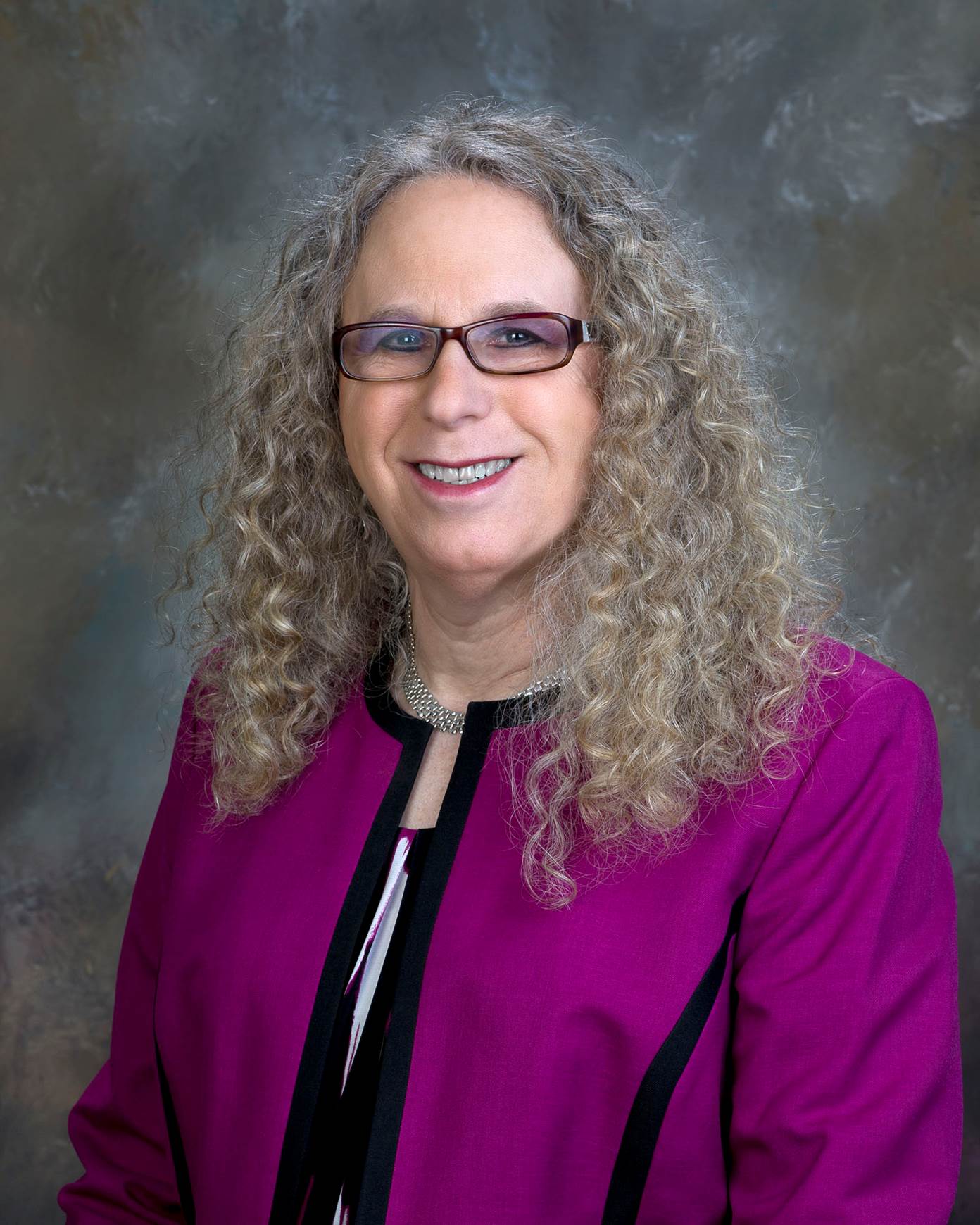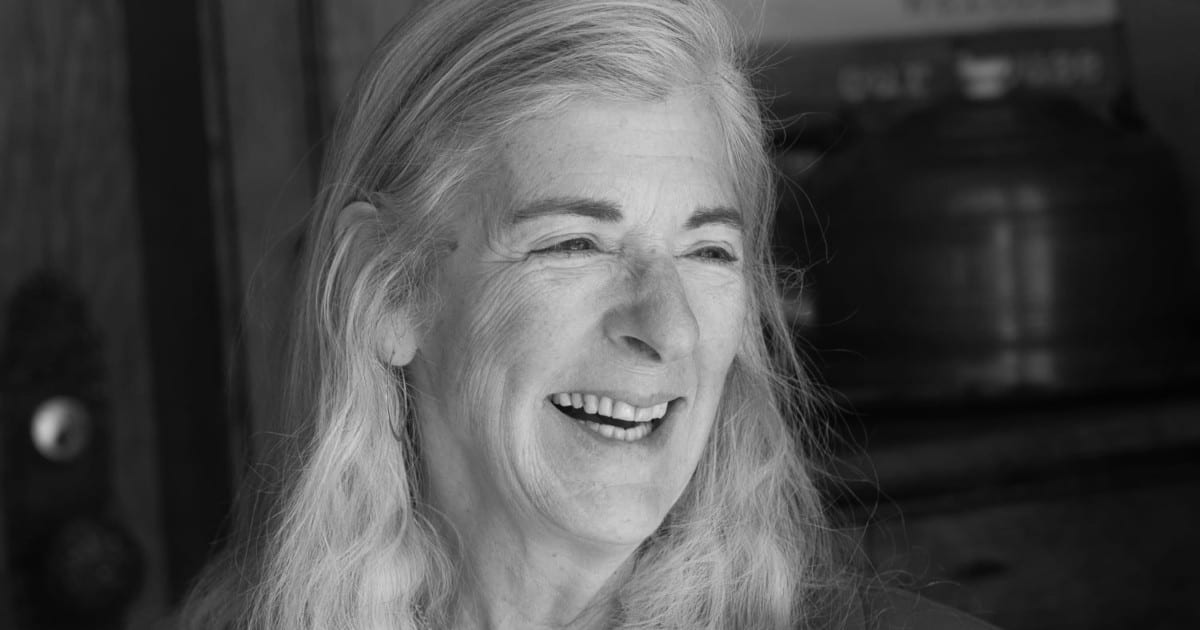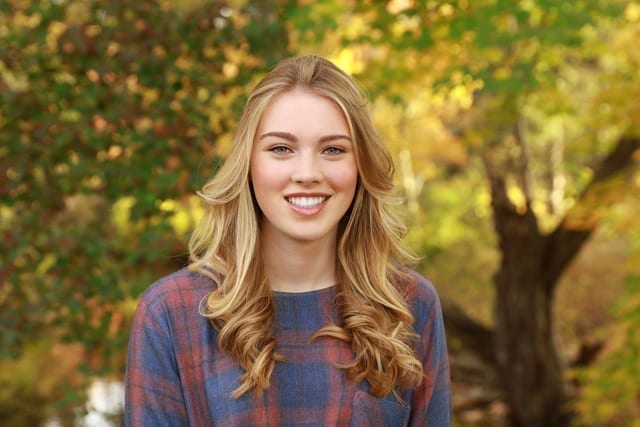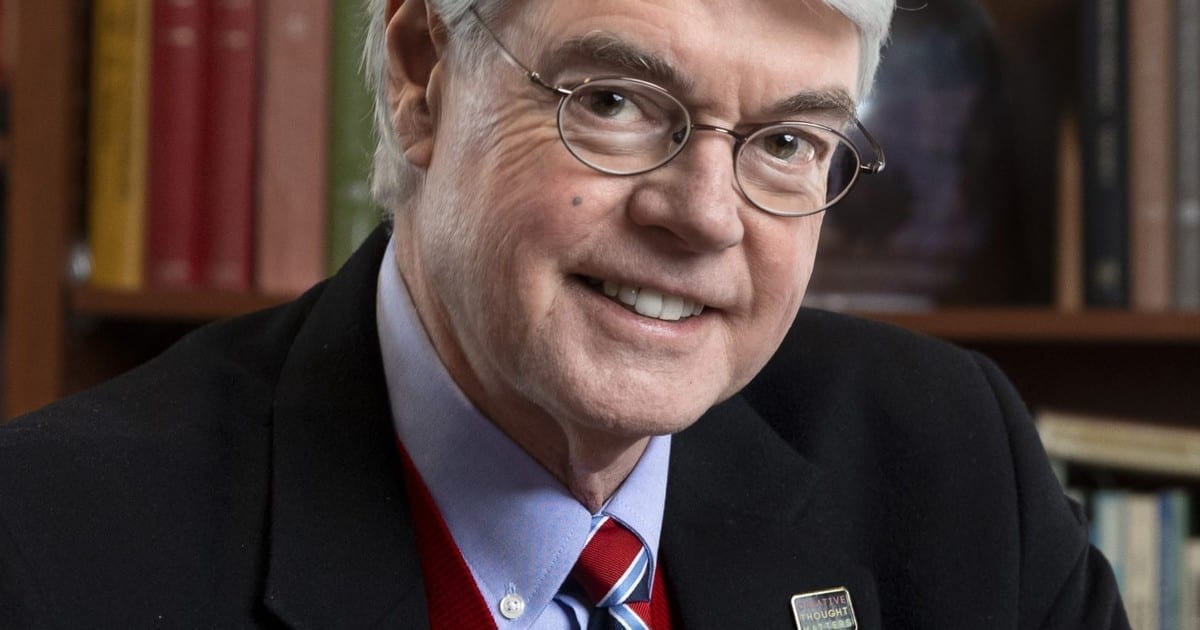Nearly every day for the last four months, Dr. Rachel Levine has stood six feet away from Pennsylvania Governor Tom Wolf. As Secretary of Health, she appears with him at daily news briefings, providing the data and the detail behind the state’s policies regarding COVID-19.
Levine’s turn in the public eye has brought her both praise and pushback. She has been lauded for her calm tone in delivering difficult news, something for which she credits her many years as a physician. But she has taken a lot of heat for the state’s restrictions, something she understands and accepts as part of her job as Pennsylvania’s public health czar. But while she acknowledges the unpopularity of some of her decisions, she is disappointed that a public health crisis of this magnitude has become so politicized.
As one of the highest-ranking transgender officials in the country, and the first in Pennsylvania, Levine is used to attention. She has become a national inspiration for the LGBTQ community, both for her bravery and her accomplishments. Before becoming secretary, Levine was Pennsylvania’s Physician General, and before that, an accomplished physician and academic, specializing in pediatric medicine.
We spoke to Dr. Levine via Zoom from her post at the Pennsylvania Emergency Management Agency office, where she and the Governor’s other senior staff members have been working since March. We covered a lot of subjects – from the psychology of group behavior during a pandemic, to the mental health of young people, to the emotionally-charged resurgence of the Black Lives Matter movement and the vulnerability of underrepresented Americans. Here are highlights from our conversation:
What has life been like for someone in your position at this time? I’m guessing you haven’t had a lot of sleep?
That is true. We all had to move out of our offices to where you can see behind me is the Pennsylvania Emergency Management Agency’s offices, and that’s where the governor’s senior staff is. I meet with them twice a day and talk with them about every hour. I talk or meet with the governor (Tom Wolf) every day about our response. I have been very front and center in terms of the media and the public. I’ve always enjoyed public speaking as a professor so, I think that that has been helpful.
All of us as public health officials throughout the country have been thrust in the limelight, certainly more than we are used to given the scope and scale of the COVID-19 pandemic. But it’s not like we haven’t been thinking about these things. I would always say that public health preparedness has to be one of our top priorities because what would wake me up in the middle of the night is the risk of a global pandemic.
It has been reported that you have been able to deliver difficult news in a very calming manner. Would you agree?
I think that has to do with my clinical work, and then for many years, working in hospital emergencies where you have to stay calm under pressure. You can’t lose it during a clinical emergency, so, I think a lot of my background has served me very well in terms of responding to the crisis.
In terms of talking to the public, I think of it as a doctor talking to their patients. I’ve done clinical work my entire life until the last five years. [As if] I were speaking with a teenager or a young adult, or a child with their parent, I take a very calm, measured approach. I also draw on my experience in academia when I need to be professorial. Sometimes my communications director will say, “Go into lecture mode.”
You’ve gotten a lot of pushback, particularly from conservatives, on your stay at home policies. What do you make of that?
A lot of it has to do with emotional, behavioral factors because we’re trying to convince people to do something that they don’t really want to do. “I know you want to go out and do this and do that, but no, you need to stay home.” The three things I would say at the end of all my talks was “stay calm, stay home and stay safe.” I’d repeat it the next day and I’d repeat it again and again. Some people would get annoyed at that, but that’s how it sinks in.
It also became rapidly politicized and that didn’t help. Public health really should not be a political issue, but right now with this current climate, everything is political. I have taken a lot of heat and a lot of pushback, as other state health officials have, but I happen to be at the right hand of a democratic governor in the biggest swing state in the country during a very contentious election, so the fact that this became politicized and fell into party lines was not completely surprising.
How have the protests over the death of George Floyd and other unarmed Black Americans at the hands of police affected your work?
Pennsylvania has been challenged by this, particularly in the cities, and that’s tough because you are not able to have proper social distancing during civil unrest. But certainly people have a perfect right to protest, so it’s about controlling public safety while allowing that. I would say racism itself is a public health crisis or a public health emergency when you think about health equity and the social determinants of health.
Do you think for Black Americans there is a link here to COVID-19 given the disparities that are emerging within the pandemic?
Yes. I think it taps into health equity and that has a lot to do with economic injustice and economic disparities. African Americans are disproportionately affected by any public health crisis, as are Latino communities and other vulnerable groups. The availability of testing and treatments, health insurance – all of that relates.
What about other marginalized groups, like the LGBTQ community?
I think it is very challenging for our community right now. In times like this, vulnerable communities are more vulnerable. Marginalized groups are more marginalized. From a health equity point of view, from an economic point of view, all of those things are exacerbated given a public health emergency.
From your experience as a pediatrician, how do you think these two events – the pandemic and the upset over racial injustice – are affecting young people?
I think it is very natural for teens and young adults to have significant anxiety at the present time for many different reasons, one of which is the global pandemic and their worry about their health and their family’s health. The second is the uncertainty. I think when you are in an uncertain environment and you have a lack of control, that is very anxiety-provoking.
They also have a significant sense of loss – the loss of their connections and activities. Young adults are hoping to develop independence from their parents, but it’s hard to be independent when you can’t leave home. I think all of that is really challenging and then the civic unrest really exacerbates that tenfold because I don’t think any of us knows what’s going to happen.
What about college life in the fall? What will this look like?
Again, I don’t think any of us knows for sure. To be honest, we’re expecting a significant increase in COVID-19 in the fall. School might start, but what is the semester going to look like? What’s going to be online and what’s going to be in-class? You will have to wear masks and social distance. What happens to sports and drama club? What happens to the thousand different activities college students do? And what happens to their college experience? There is a lot of uncertainty.
Will the world be different after COVID-19?
Yes. I think things are going to be different in a million ways. Education will change. Medicine will change. I think even when COVID is gone, the idea that global pandemics happen and could happen again is going to change everything.




